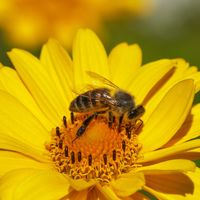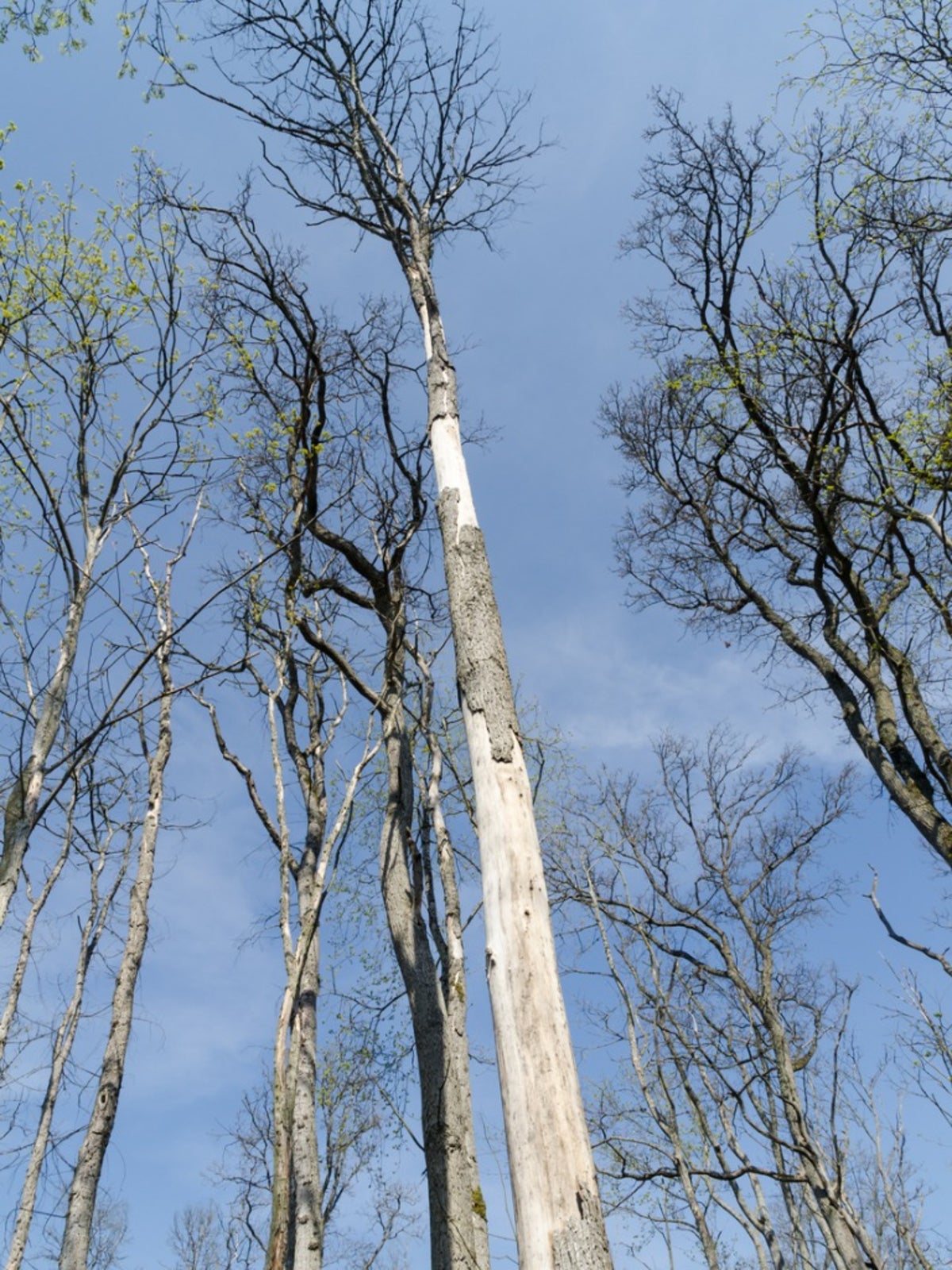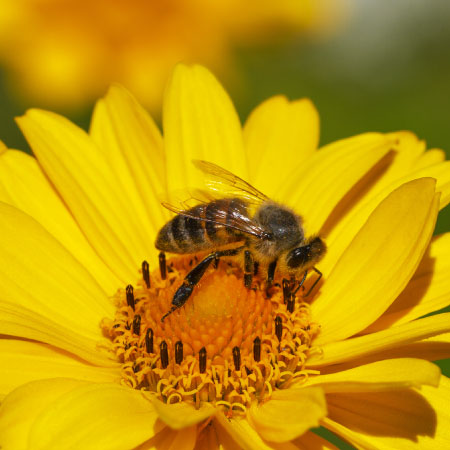Elm Tree Diseases: Tips On Treating Diseases Of Elm Trees


Sign up for the Gardening Know How newsletter today and receive a free copy of our e-book "How to Grow Delicious Tomatoes".
You are now subscribed
Your newsletter sign-up was successful
Stately elms once lined the streets of Midwestern and eastern towns. In the 1930's, Dutch elm disease nearly wiped out these lovely trees, but they are making a strong comeback, thanks in part to the development of resistant varieties. Elm tree diseases still play a major role in the life of the trees and complicate their care. Anyone with an elm in their landscape should know the symptoms of disease so they can address problems promptly.
Diseases on Elm Trees
There are several elm tree leaf diseases that cause spotting, discoloration, and defoliation. By the time the leaves fall from the tree, the spots have often grown together, and other discolorations have developed, making it hard to differentiate between the diseases without a lab test. Most elm tree diseases that attack the leaves are caused by fungi, but elm leaf scorch, caused by a bacterium, is a little different. With this disease, the bundles of veins in the leaves become clogged so that water can't move within the leaf. This causes the leaf to look scorched. There is no known treatment for elm tree leaf scorch. The most devastating elm tree diseases are Dutch elm disease and elm phloem necrosis. Dutch elm disease is caused by a fungus spread by elm bark beetles. The microscopic organism that causes elm phloem disease is spread by white-banded leafhoppers. The diseases look similar, with all of the leaves browning on affected branches, but you may be able to tell the difference by the location of the damage. Dutch elm disease usually starts on lower branches, and may appear random, affecting only part of the tree and leaving another part unscathed. Elm phloem necrosis affects the entire crown at once. Agricultural extension services in most areas ask that you report incidences of these diseases.
Treating Diseases of Elm Trees
Once elm tree leaf diseases take hold, there is no effective treatment. Rake and burn leaves to help prevent the spread of the diseases. If you have problems with leaf diseases, try using an anti-fungal spray early in the season the following year. This may help prevent disease. Powdery mildew is another leaf disease that sometimes effect elms, but it occurs so late in the season that treatment is unnecessary. There is no cure for Dutch elm or elm phloem disease. Trees infected with Dutch elm disease sometimes respond to pruning. This is a treatment that extends the life of the tree for several years if caught early and done properly, but it is not a cure. It's best to hire a certified arborist for the job. Trees with elm phloem necrosis should be taken down as soon as possible. Since there is no easy cure, it is important to learn how to protect elm trees from disease. Here are some tips:
- Watch for the insects that cause elm tree diseases and start a control program as soon as you see them.
- Rake and destroy elm tree leaves promptly.
- Use an antifungal spray if you had problems with elm leaves the previous year.
Sign up for the Gardening Know How newsletter today and receive a free copy of our e-book "How to Grow Delicious Tomatoes".

Jackie Carroll has written over 500 articles for Gardening Know How on a wide range of topics.